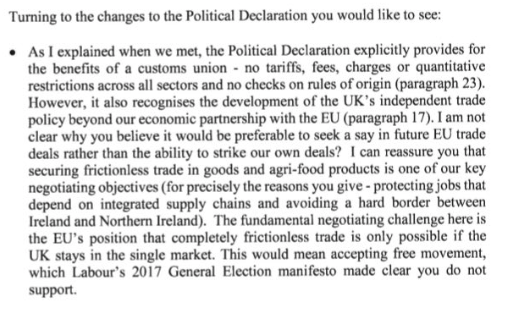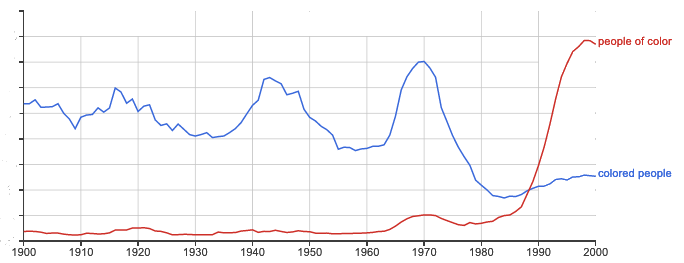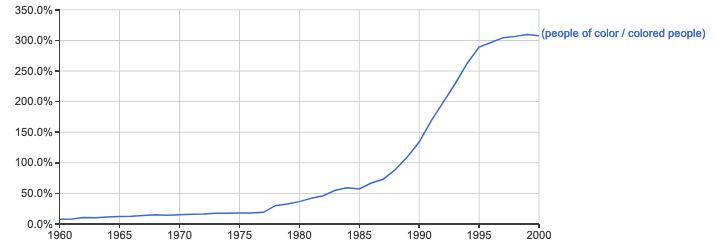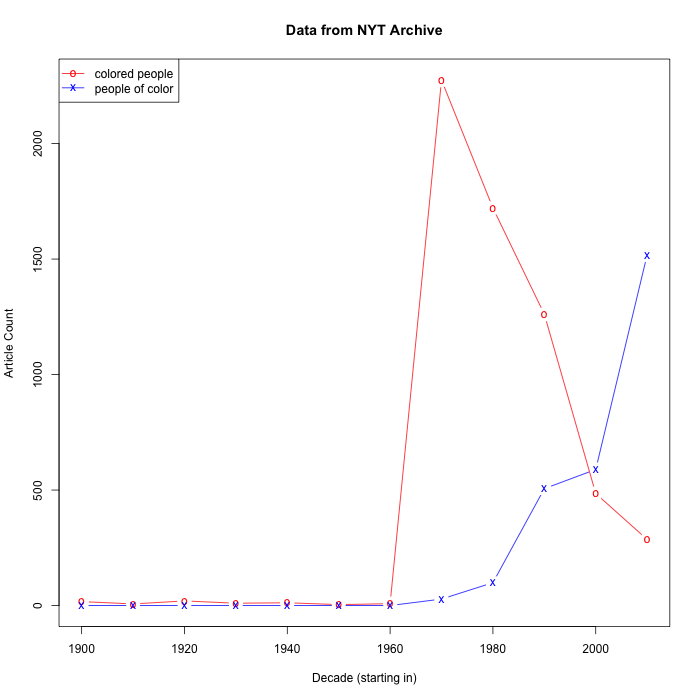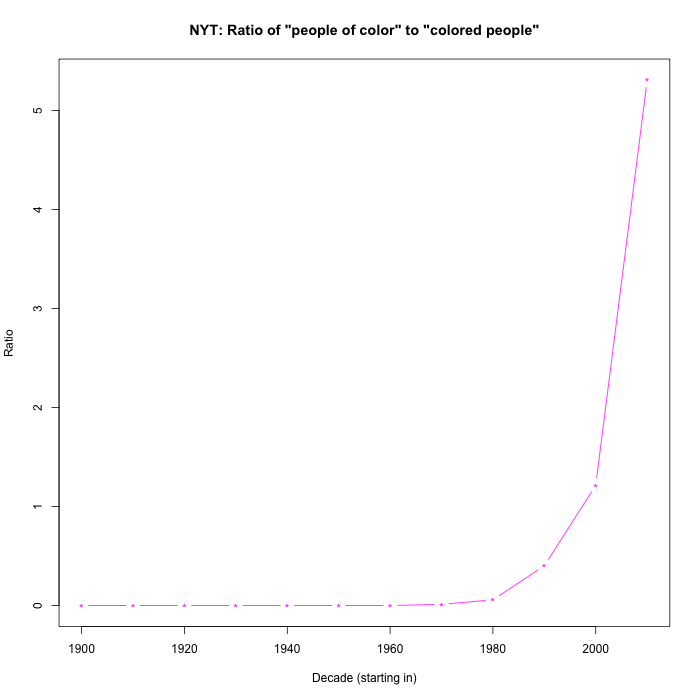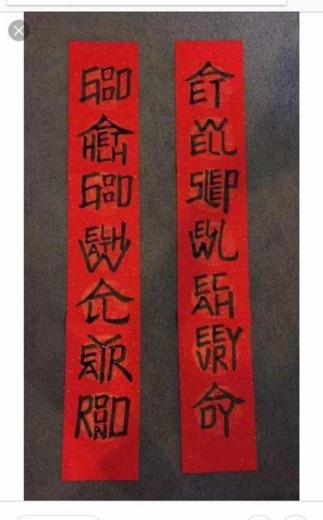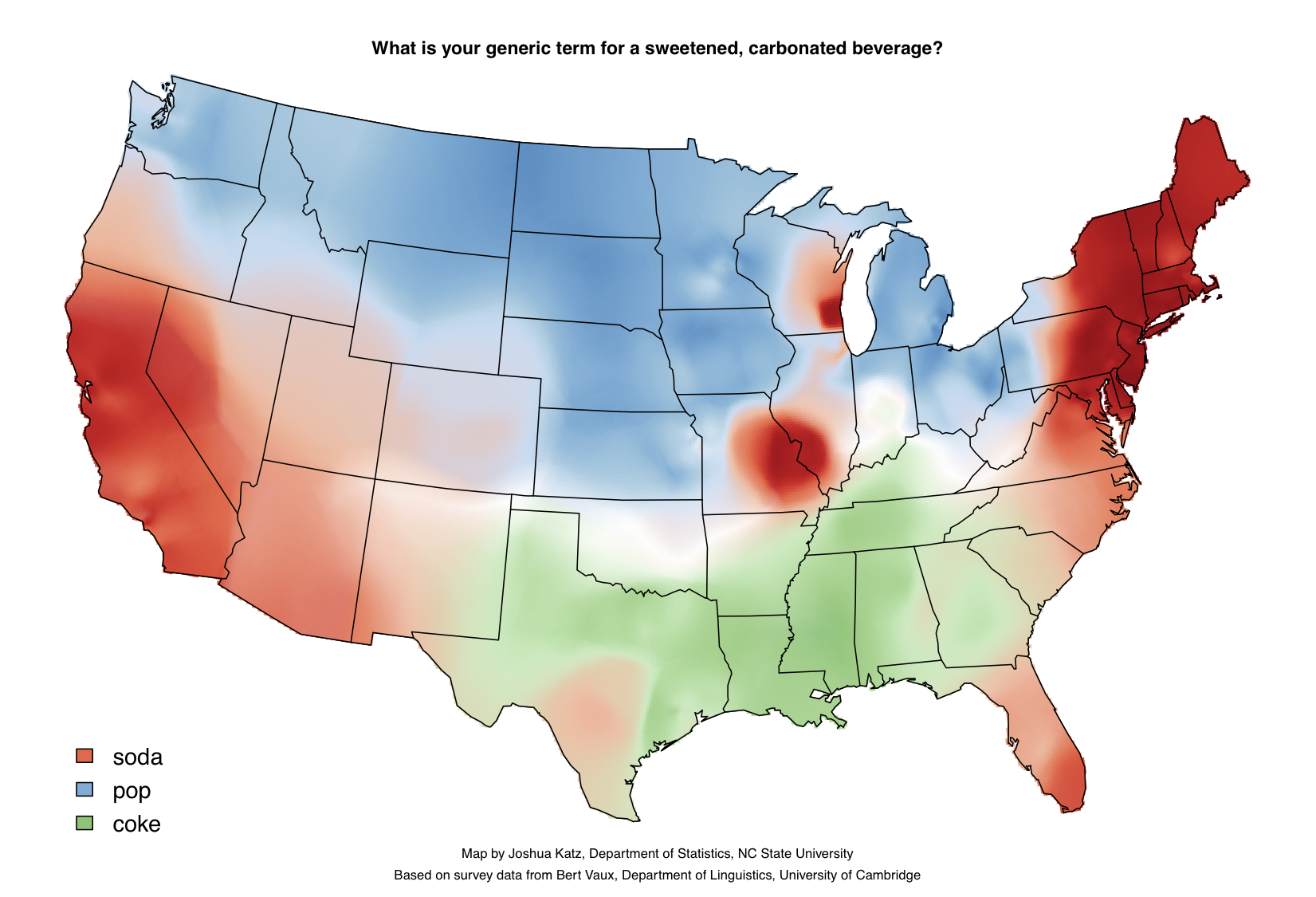Below is a guest post by Christian DiCanio:
2019 was named the International Year of Indigenous Languages by UNESCO. My friends and colleagues at the recent Annual meeting of the Linguistic Society of America (LSA) have been on Facebook, Twitter, and other social media discussing what this means for Linguistics as a field. With respect to publishing, several journals have pushed to emphasize linguistic research on indigenous languages. The LSA's own flagship journal, Language, has put out a call for submissions on different indigenous languages of the world. The Journal of the Acoustical Society of America has even put out a call for submissions on under-represented languages.
There may be other journals too (which I am currently unaware of) attempting to emphasize how work on indigenous languages enhances our knowledge of language more generally, improves scholarship, and, in many cases, can promote the inclusion of ethnic minorities speaking or revitalizing these languages. This is all very positive and, as a linguist and scholar who studies indigenous languages of Mexico, I applaud the effort.
Will it be enough though? If linguists are serious about promoting the equality of indigenous languages and cultures in publishing, a greater type of paradigm shift needs to take place in what we believe is worthy of scholarship.
1. Not just a numbers game
When you read academic articles in linguistics, chances are that the topic is examined in a language that you know about. This is partly due to speaker population. There is extensive scholarship in English, Mandarin Chinese, Hindi/Urdu, Spanish, Arabic, French, Russian, and Portuguese because 4.54 billion people speak these as their first or second languages.
Where linguistic scholarship has developed has also played a strong role. There are 263 million first language speakers of Bengali and 23 million first language speakers of Dutch in the world. Bengali outnumbers Dutch by more than 11:1. Yet, a quick search on Google Scholar for "Bengali phonetics" reveals 4,980 hits, while a simultaneous "Dutch phonetics" search reveals 52,600 hits. A search for "Bengali syntax" reveals 11,800 hits while "Dutch syntax" reveals 180,000 hits. When it comes to academic articles, the numbers are reversed. Here, Dutch outnumbers Bengali by either 10:1 or 16:1.
Dutch phonetics and syntax are not inherently more interesting than Bengali phonetics and syntax. Bengali has a far more interesting consonant system (if you ask me as a phonetician). Even Bengali morphology, which is far more complex than Dutch morphology, is under-studied relative to Dutch. Dutch speakers just happen to reside in economically-advantaged countries where there has been active English-based scholarship on their language for many years. Bengali speakers do not.
2. Small phenomena in big languages, big phenomena in small languages
A consequence of studying a language that has a history of academic scholarship is that many questions have already been examined. There is a literature on very specific aspects of the sound system of English (look up "English VOT", for instance) and Dutch morphology (look up "Dutch determiners", for instance). If linguists wish to study these languages and make a contribution, they must take out their magnifying glass and zoom in on specific details of what is already a restricted area.
To a great degree, the field of linguistics respects this approach. Scholarship is enhanced by digging deeply into particular topics even in well-studied languages. Moreover, since many members of the field are familiar (at least passively) with the basic analyses of phenomena in many well-studied languages, linguists zooming in on the particular details benefit from shared common ground. Resultingly, linguists are able to give talks on very specific topics within the morphology, syntax, phonology, or pragmatics of well-studied languages. One can find dissertations focusing on specific types of constructions in English (small clause complements) or specific morphemes in Spanish (such as the reflexive clitic 'se'). This is the state of the field. Linguists all agree that such topics are worthy of scholarship.
But imagine if you were asked to review an abstract or a paper where the author chose to zoom in on the specific details of a particular syntactic construction in Seenku (a Mande language spoken by 17,000 people in Burkina Faso, see work by Laura McPherson) or how tone influences vowel lengthening in a specific Mixtec language (spoken in Mexico). These are minority and indigenous languages. Many linguists would agree that these topics are worthy of scholarship if they contribute something to our knowledge of these languages and/or to different sub-disciplines of linguistics, but where do we place the bar by which we judge?
In practice, linguists often think these topics are limited in scope – even though they are no more limited than topics focusing on the reflexive clitic 'se' in Spanish. A consequence of this is that those working on indigenous languages must seek to situate their work in a broader perspective. This might mean that the research becomes comparative within a language family or that the research is a case study within a broader survey on similar phenomena. Rather than magnifying more deeply, if they want their work to be considered by the field at large, linguists working on indigenous languages often take the "go wide" approach instead.
Note that this is not inherently negative. After all, we should all seek to situate our work in broader typologies and compare our findings to past research. It's just that the person working on the Spanish reflexive clitic is seldom asked to do the same. Their contribution to scholarship is not questioned.
3. Privilege and a way to move forward
For the most part, academic linguists believe that all languages have equal expressive power. It is possible to express any human idea in any language. Linguists also believe (or know) that language is arbitrary. De Saussure famously argued that the relation between the signified and the signifier is arbitrary. In other words, it is equally valid to express plurality on nouns with an /-s/ suffix (in English) or a vowel change (in Italian and Polish). No specific relation is better than another in a different language. If we take these ideas seriously, research on certain languages should not be more subject to scrutiny than research on other ones.
Whether intentioned or not, both people and languages can be granted privilege. Scholars working on well-studied languages benefit from a shared linguistic common ground with other scholars which allows them to delve into deep and specific questions within these languages. This is a type of academic privilege. Without this common ground, scholars working on indigenous languages can sometimes face an uphill battle in publishing. And needing to prove one's validity is a hallmark of institutional bias.
So, how do we check our linguistic privilege in the international year of indigenous languages? As a way of moving positively forward into 2019, I'd like to suggest that linguists think of the following questions when they read papers, review abstracts/papers, and attend talks which focus on indigenous languages. This list is not complete, but if it has made you pause and question your perspective, then it has been useful.
Question #1: What languages get to contribute to the development of linguistic theory? Which languages are considered synonymous with "Language"?
If you have overlooked an extensive literature on languages you are unfamiliar with and include only those you are familiar with, you might be perpetuating a bias against indigenous languages in research. "Language" is not synonymous with "the languages I have heard of." Findings in indigenous languages are often considered "interesting footnotes" that are not incorporated into our more general notions of how we believe language works.
Question #2: Which phenomena are considered "language-specific"?
There is value to exploring language-specific details, but more often than not, phenomena occurring in indigenous languages are considered exotic or strange relative to what is believed to be typical. Frequently, judgments of typicality reflect a bias towards well-studied languages.
Question #3: Do you judge linguists working on indigenous languages or articles on indigenous languages by their citation index? (h/t to Laura McPherson)
Citations of work on indigenous languages are often lower than citations of work on well-studied languages. In an academic climate where one's citation index is often considered as a marker of the value of one's work, one might reach the faulty conclusion that an article on an indigenous language with fewer citations is poor scholarship.
Question #4: Do you quantify the number of languages or the number of speakers that a linguist works with?
If a linguist studies one or two indigenous/minority languages, do you judge their knowledge of linguistics/language to be lesser than that of someone who does research on one or two well-studied languages? If so, you are privileging well-studied languages.
I'd like to specifically note that I am not a sociologist of language or a sociolinguist. There are undoubtedly others who have probably worked on this question.
<hr/>
Above is a guest post by Christian DiCanio.
]]>
, though I can't guarantee it'll still be there when I make this post (I won't attempt to type it again later in this post, but will simply refer to it as "the phantom character")]. It's the form with 人 in the bottom-right enclosure, not 匕. Actually, in the latter version, the stroke that starts at the top left, goes straight down vertically, then abruptly curves to the right before ending with an upward hook serves as the left side and bottom of the bottom right of this form of hē ("to drink"), so the only thing inside the "enclosure" at the bottom right is a short stroke that slants downward to the left, not 匕.
